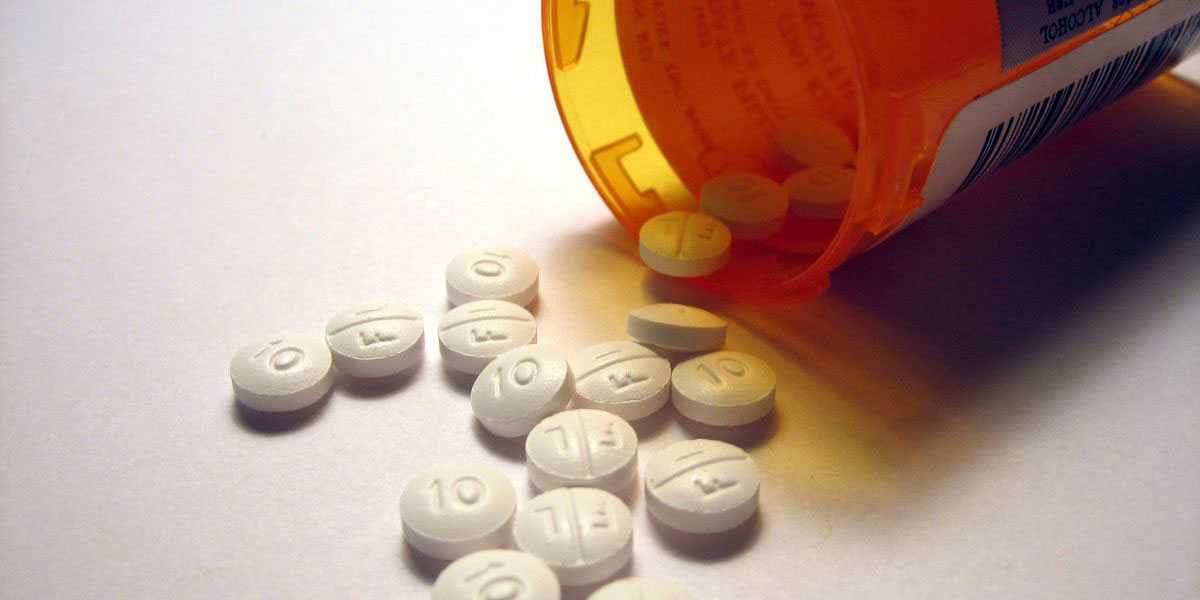Lexapro Addiction: Side Effects, Withdrawal, and Treatment

Escitalopram, Lexapro’s generic name, is a widely prescribed medication in the United States for the treatment of depression and various other mental health conditions. While it’s not expected to become addicted to Lexapro, extended use over a long time can cause psychological addiction.
Lexapro isn’t abused for recreational use. However, some people who have drug and alcohol abuse issues misuse Lexapro to self-medicate and manage other symptoms or experience a more intense high. When you abuse Lexapro and mix it with other substances, it can cause adverse effects and increase the chance of addiction.
What Is Lexapro?
Escitalopram, brand name Lexapro, is a selective serotonin reuptake inhibitor (SSRI) used to treat major depressive disorder (MMD) and generalized anxiety disorder (GAD). Serotonin is a brain chemical that regulates mood and happiness. Serotonin is called the “feel-good” chemical of the brain.
Like all SSRIs, Lexapro works by blocking the reabsorption of serotonin into your brain’s neurons. This allows you to experience more symptoms of serotonin because more is available to help improve your mood and reduce anxiety.
Lexapro is a prescription medication approved by the US Food and Drug Administration (FDA) to treat depression and other mental health conditions such as obsessive-compulsive disorder (OCD), posttraumatic stress disorder (PTSD), premenstrual dysphoric disorder (PMDD), and panic disorders.
How Does Lexapro Make You Feel?
SSRIs like Lexapro help with managing depression and anxiety by improving energy, appetite, and sleep within the first one to two weeks of taking the medication. Feelings of depression, sadness, and lack of interest may take up to eight weeks to improve.
It’s crucial to talk with your doctor about any side effects that you experience while taking Lexapro.

Is Lexapro a Controlled Substance?
Lexapro is not classified as a controlled substance under the Controlled Substance Act (CSA), which means it doesn’t fall under the potential for abuse. However, this doesn’t mean taking Lexapro without a medical professional’s advice and following their guidance is safe.
Is Lexapro Addictive?
Lexapro functions as an antidepressant to ease symptoms of depression and anxiety by helping regulate levels of serotonin in your brain. Escitalopram is not a controlled substance and has been proven effective in helping manage alcohol addiction cravings. It doesn’t produce euphoric effects or give you a high that is associated with substance abuse.
So, while Lexapro is not physically addictive, there have been cases of psychological addiction and dependence. This generally occurs when people misuse Lexapro, such as taking higher doses or not taking it as prescribed. The medication is an SSRI, which is usually not addictive. However, people can develop a tolerance to Lexapro and then become dependent when used for a prolonged amount of time.
The risk of addiction to Lexapro is low compared to other substances, but it’s crucial to follow the
Common Side Effects of Lexapro Abuse
Taking Lexapro, like most antidepressants, can cause unwanted side effects, especially if you abuse prescription medication, use it for an extended time, or suddenly stop taking it.
Common side effects of Lexapro include:
- Dry mouth
- Mood swings
- Appetite changes
- Nausea, vomiting or diarrhea
- Flu-like symptoms
- Fatigue
- Headaches
- Sexual dysfunction
- Insomnia
- Increased anxiety and depression
- Restlessness
Long-term side effects of Lexapro include:
- Heart issues
- Imbalanced levels of serotonin
- Suicidal thoughts
- Sexual dysfunction
- Teeth issues
- Heavier menstrual periods
- Difficulty concentrating
- Trouble urinating
- Weight gain
- Nosebleeds
- Muscle tension
- Seizures
Lexapro Withdrawal Symptoms
When you stop taking Lexapro suddenly after taking it regularly for a long time, you most likely will experience withdrawal symptoms. These withdrawal symptoms happen because your body has become used to the chemicals in the medication and needs time to adjust.
Common symptoms of Lexapro withdrawal include:
- Dizziness
- Headaches
- Nausea
- Feeling uneasy
- Flu-like symptoms
To help lessen your withdrawal symptoms, it’s essential to seek the advice of your doctor or a healthcare professional before you make any changes to how you regularly take Lexapro.

Lexapro Addiction Treatment
If you or a loved one is struggling with an addiction to Lexapro or misusing antidepressants, compassionate, evidence-based substance use disorder and on-site medical detox with around-the-clock medical supervision are available.
Northridge Addiction Treatment Center (NATC) has medically supervised detox to keep you safe and as comfortable as possible during the harsh symptoms of withdrawal. Our licensed and experienced team is compassionate and devoted to your safety and recovery— empowering and fostering your healing and sobriety during your entire stay with NATC.
NATC provides dual diagnosis treatment for alcohol and drug addictions with co-occurring mental health conditions in our comfortable residential rehab facility. Each resident receives an entirely custom-tailored treatment plan to meet them exactly where they are in their drug abuse and create practical ways to meet their needs and goals.
Your health insurance benefits may cover the cost of your entire treatment. Contact us to speak with one of our caring treatment specialists now. The path to your lasting sobriety awaits.
Find Meaningful Recovery
Our caring and compassionate specialists are eager to help you comfortably navigate this journey to recovery. Our individualized treatment plan, programs, and therapies may be a perfect match for you or your loved one. Let us assist you in living the happy life you deserve. It starts with a phone call.




